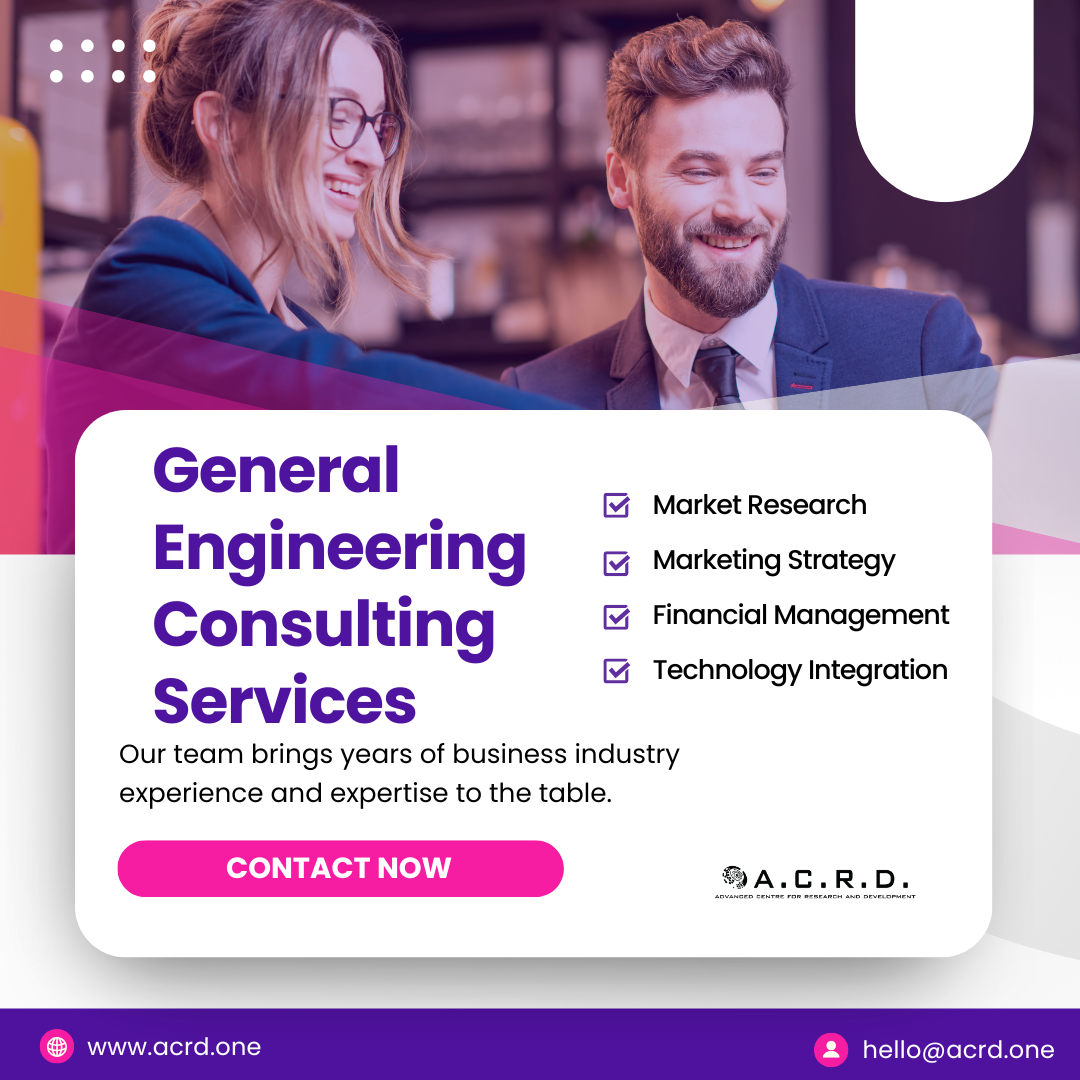Mining and geology consulting is a vital service for businesses involved in construction, infrastructure, manufacturing, and natural resource extraction. In regions like Mangalore and Bangalore, where infrastructure projects, industrial ventures, and commercial developments are expanding rapidly, having the expertise of specialized mining and geology consultants ensures that projects are executed with accuracy, cost efficiency, and environmental responsibility. From sourcing high-quality raw materials to ensuring safety compliance and sustainability, professional consulting in mining and geology supports every phase of a project, driving profitability and long-term success.
The primary role of mining and geology consultants is to conduct comprehensive geological surveys and assessments. By analyzing the geological landscape, consultants identify areas rich in minerals, aggregates, and natural resources. In Mangalore, this might mean identifying laterite deposits for construction purposes, while in Bangalore, it could involve sourcing high-quality aggregates or industrial minerals. Such surveys provide businesses with detailed information about material availability, quality, and extraction potential. This ensures that material sourcing is cost-effective, efficient, and compliant with project requirements.
Sustainable extraction methods are a core focus in modern mining and geology consulting. With environmental concerns growing stronger, consultants prioritize sustainable mining techniques that minimize ecological impact. Consultants implement practices such as water management, waste minimization, and soil stabilization, ensuring that extraction activities maintain environmental integrity. In Mangalore, consultants may use eco-friendly extraction processes to prevent soil erosion and degradation, while in Bangalore, they integrate technologies that reduce dust emissions and optimize land use. Such measures safeguard the environment and help companies maintain compliance with environmental regulations.
Efficient logistics planning and transportation also play a significant role in mining and geology consulting. Transporting extracted materials from mining sites to construction locations or industrial plants can be costly and time-consuming. Mining consultants strategize optimal routes and transportation methods to reduce costs and improve delivery timelines. In Bangalore, transportation planning may involve multiple routes and coordination with suppliers, while in Mangalore, coastal and railway access is often leveraged to facilitate faster delivery. This logistical efficiency minimizes downtime and operational costs, ensuring projects stay on schedule.
Safety and compliance are paramount in mining and geology operations. Mining sites are inherently risky environments, requiring stringent safety protocols to protect workers and ensure compliance with local and national safety regulations. Consultants implement comprehensive safety measures, including regular inspections, protective gear, machinery audits, and risk assessments. By adhering to strict safety protocols, companies can prevent accidents, reduce downtime, and ensure a productive and compliant work environment. Regular audits and training sessions ensure that every team member understands and follows safety best practices, maintaining a culture of safety and accountability.
Quality control and material sourcing are critical components of mining and geology consulting. Consultants conduct material testing to verify quality standards, ensuring that extracted minerals, aggregates, and raw materials meet construction and industrial requirements. In Bangalore, companies sourcing materials for infrastructure projects need materials that meet stringent load-bearing and durability standards, while in Mangalore, aggregate quality for construction projects must meet specific regional geological characteristics. Reliable material sourcing minimizes construction risks and long-term maintenance costs.
Technology integration further enhances the effectiveness of mining and geology consulting. Modern tools such as 3D geological mapping, GIS (Geographic Information System), and remote sensing technologies enable precise planning and decision-making. In Mangalore, 3D mapping allows for identifying the best extraction sites with minimal environmental disruption, while in Bangalore, GIS tools provide data-driven insights into land availability, mineral density, and resource distribution. These technologies improve operational efficiency, reduce extraction costs, and optimize material availability across projects.
Economic feasibility analysis is another critical service provided by mining and geology consultants. Before a project begins, consultants assess the economic viability of extraction projects by analyzing factors such as material availability, extraction costs, transportation logistics, and market demand. In Bangalore, an economic feasibility report might focus on sourcing aggregates for commercial infrastructure projects, while in Mangalore, it could assess the viability of laterite extraction for road construction projects. This analysis ensures that companies make informed investments, maximizing profitability and reducing financial risks.
Collaborating with local experts who understand regional geology and resource availability provides businesses with a competitive advantage. Mining and geology consultants in Mangalore bring insights into coastal geology and resource extraction, while Bangalore consultants offer expertise in urban geology and commercial development projects. This localized knowledge ensures that projects are planned and executed with maximum efficiency and minimal risks, while maintaining adherence to regional environmental and safety guidelines.
For companies involved in construction, manufacturing, infrastructure development, and commercial projects, investing in professional mining and geology consulting is a strategic choice. It ensures cost efficiency, minimizes environmental impact, and boosts project sustainability. From sourcing high-quality materials and adhering to safety protocols to optimizing logistics and maintaining compliance with environmental regulations, consulting services transform challenges into opportunities.
By leveraging cutting-edge technologies, sustainable practices, and in-depth regional knowledge, businesses in Mangalore and Bangalore can achieve operational excellence, reduce costs, and drive long-term profitability. Investing in mining and geology consulting ensures that every project is built on a foundation of quality, compliance, sustainability, and efficiency, establishing a competitive presence in the growing infrastructure, construction, and industrial landscape.
Cross-functional Categories:
Mining & Geology Consulting, Material Sourcing, Environmental Compliance, Infrastructure Development
Relevant Tags:
mining consulting, geology services, sustainable extraction, material sourcing, construction materials, Mangalore mining, Bangalore geology, environmental compliance, project logistics, infrastructure projects





